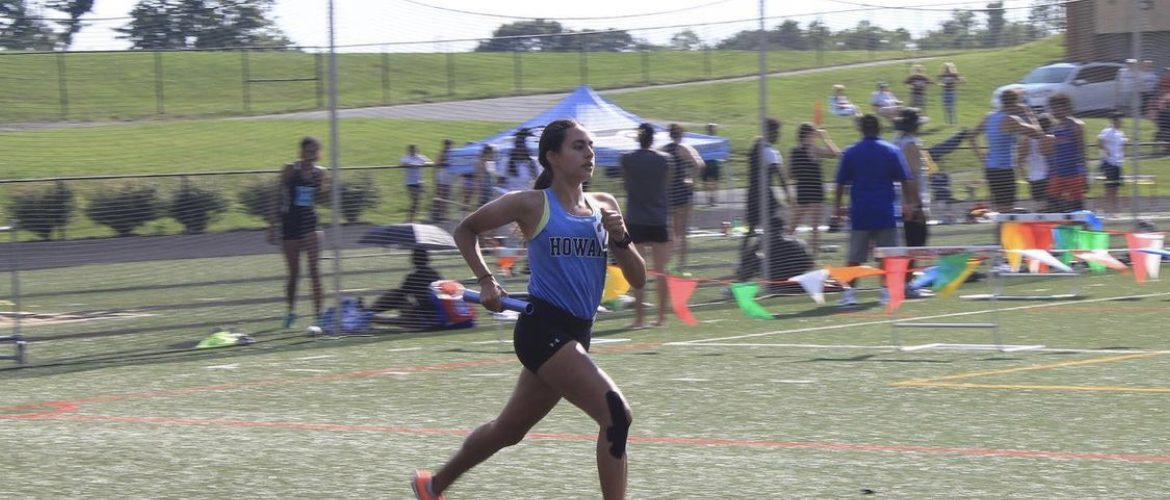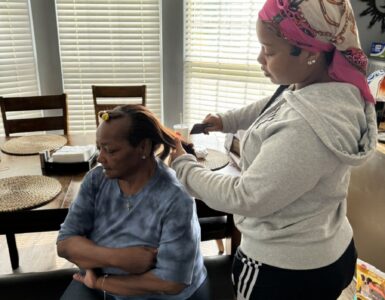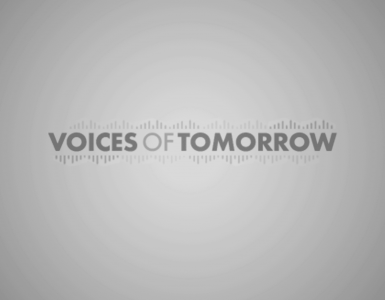By Jasmine W
From the gridiron to the track, people of color have dominated sports on international levels for decades. However, outstanding athletic results often come at a price for the competitor’s mental well-being, and these effects tend to impact athletes of color in unique ways.
According to a study by the National Collegiate Athletic Association (NCAA), the most common mental health issues associated with the stress of being a student-athlete are anxiety disorders, including performance anxiety, panic disorder and phobic anxiety after an injury. Unfortunately, these issues are exacerbated in athletes of color. On the college level, there are racial disparities when it comes to living conditions and responsibilities at home, as well as overall mental health.
According to an ( year )NCAA survey, “Mental health concerns were highest among respondents of color, those whose families are facing economic hardship and those living alone.” This is the result of multiple factors that put ethnic minorities specifically at a disadvantage when it comes to mental health recovery.
“Being a person of color definitely contributed to how I got help,” stated Nimrit Ahuja, a junior distance runner at Howard High School in Ellicott City, Maryland. Ahuja’s family is North Indian, and the taboo within her community has directly impacted her mental health. “While America has… accepted mental health issues, I don’t think India is at the same point. I don’t really feel like I can rely on my family for mental health problems… I also don’t know if [professional help or a diagnosis] are on the table for me,” she explained.
Another common barrier to getting help is the fact that minorities are conditioned to invalidate one’s emotions. Monica Norton, the deputy local editor for the Washington Post, grew up in an era that was much less understanding of mental health complaints.
“I was always like, I don’t have it as bad as my parents, so let me just suck it up and move on,” she explained. This sentiment is shared among many young members of ethnic minorities, which drives them away from professional help. Ahuja corroborates this, stating that “the stigma around mental health for me is … people thinking I’m being dramatic or faking my feelings, and I have been told that before.”
Black male student-athletes are impacted by a lack of mental health resources on an even larger scale: they are pressured to keep their emotions in check not only as a black American, but as a man. In athletics, where strength is everything, this stereotype is especially harmful. Dr. Caroline Brackette, a counseling psychology professor at Penfield College of Mercer University in Atlanta, explains this conundrum: “With… black males, we see gender stereotyping where talking about your emotions can be seen as weak. For an athlete, “weak” is the last word they want to be associated with.”
Otis Ashton Jr. is currently a freshman football player at Wesleyan College. Societal pressures prevent Ashton from comfortably speaking out about mental health concerns. “I am a black man playing football, so with that it is a little difficult to discuss my mental health… being that there is a stigma, it is a little scary to go seek assistance,” he stated. To make matters worse, a series of Achilles injuries on the tail end of his senior year rendered him temporarily unable to play, which in turn led to mental turmoil and that dreaded feeling of weakness. “I hold myself to higher standards, so if I don’t live up to the standard I set for myself, then it is discouraging,” he clarified.
Overall, mental health is a luxury that is often not afforded to athletes of color, and it is necessary for adjustments to be made within individual communities that make these individuals more comfortable discussing mental health. Hopefully, the progress being made now will enact significant change and impact future generations.





Recent Comments